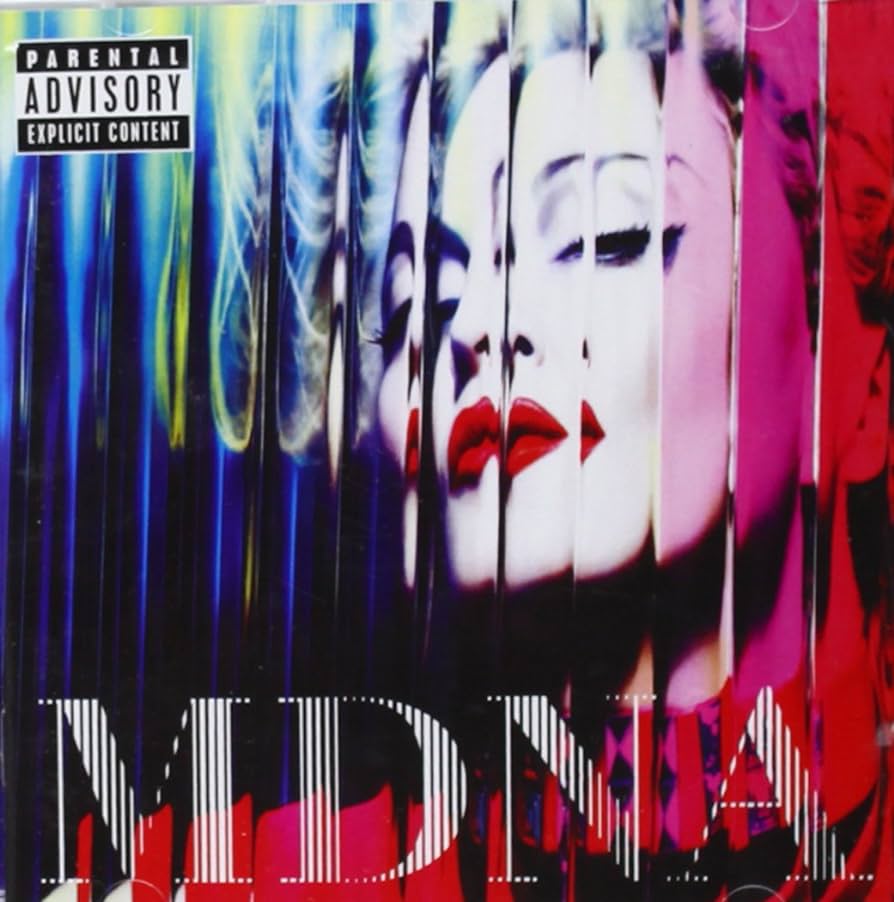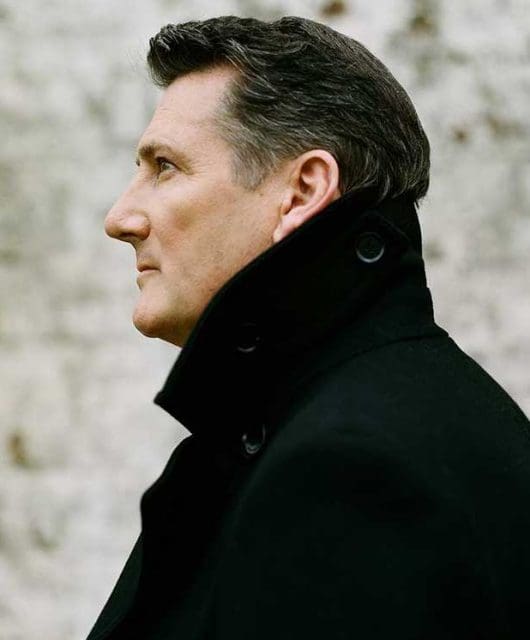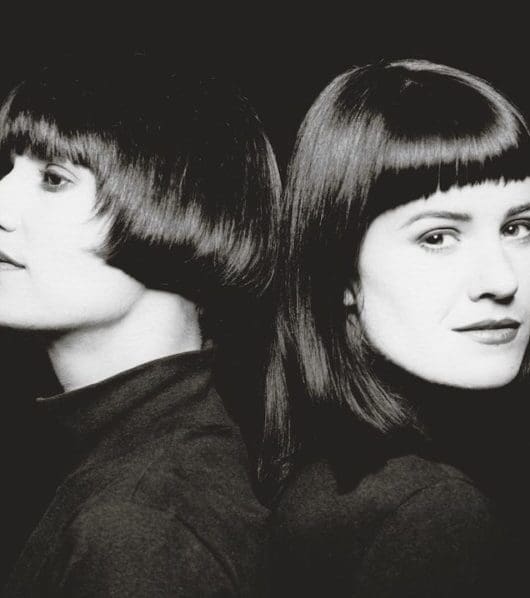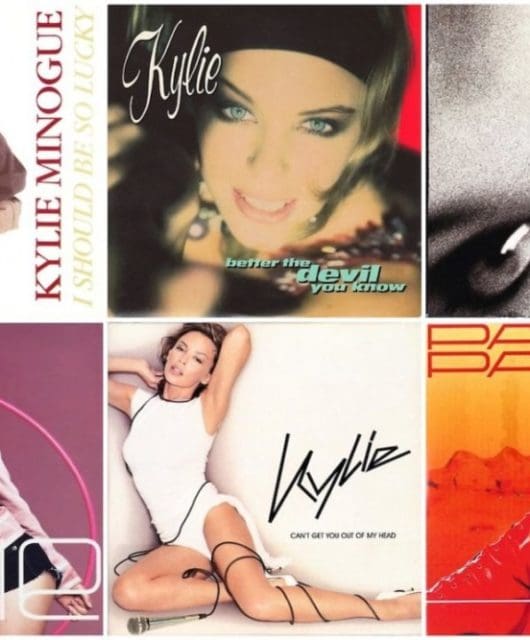Album Insight: Madonna – MDNA
By Rik Flynn | November 30, 2023
 Newly divorced and with a fresh multi-million dollar deal, Madonna left the director’s chair in high spirits – but for many, the MDNA buzz just wasn’t enough…
Newly divorced and with a fresh multi-million dollar deal, Madonna left the director’s chair in high spirits – but for many, the MDNA buzz just wasn’t enough…
Given the triple-entendred title, it wasn’t too much of a stretch to imagine what the music on Madonna’s 12th album would resemble.
And combined with those tried and tested tropes running through the genealogy of all her music, MDNA did indeed harbour the party highs rather unsubtlely implied in the name, even if its slightly schizo menu offered a mix of doltish throwaway pop, slick club-savvy house and a (less than successful) attempt at shooting for stadium-sized EDM.
One needed only to tune in to her 2012 Super Bowl XLVI half-time show performance of the pom-pom jiggling, dance-pop trifle Give Me All Your Luvin’, performed alongside firecracker guests M.I.A. and Nicki Minaj – looking as if grabbed from elsewhere and awkwardly plonked there – for proof that Madonna was at least up for some fun… and, no doubt, some dollars.
With her slot pulling in more viewers than the actual game itself, the Super Bowl sales boost kicked in and the L.U.V. For Madonna launched MDNA spinning into the end zone at UK and US No.1, leaving Madonna “extremely elated”.
But, after a promising first week, sales plummeted, and a record-breaking 86% plunge in week two made it the second biggest drop for a No.1 album in the history of the Billboard chart. Eek. Soon it was nowhere to be seen…
Beyond her recent divorce and being a single mother of four, Madonna’s initial desire to cut loose had stemmed from a manic schedule: post-Hard Candy, copious business affairs had hemmed her in and continued to do so, be it her chain of fitness centres, perfume range, fashion and lifestyle brands – or indeed the heavy stint spent in the director’s chair for her feature, W.E., that had immediately preceded the album sessions.
With the W.E. movie wrapped up, a December 2010 Facebook post confirmed her relief: “It’s official!” she beamed. “I need to move. I need to sweat. I need to make new music! Music I can dance to. I’m on the lookout for the maddest, sickest, most badass people to collaborate with.”
Beyond a return to William Orbit, those badasses would comprise a cast of au courant producers, this time mostly reflecting what Madonna called her “European sensibility”.
Beyond other main collaborator, French EDM crowd-pleaser Martin Solveig, came a smattering of names including Italian electronica producers the Benassi Bros, Parisians Michael Malih and (Congo-born emigrant) Indiigo, Sweden’s Frans Klas Åhlund, as well as American-Cuban Demacio ‘Demo’ Castellon (Demolition Crew) and Free School.
A few months earlier, the critics had junked her film, The Guardian’s Xan Brooks calling it “a primped and simpering folly, the turkey that dreamed it was a peacock”. Oof.
Madonna’s return to music was clearly a much needed break from Hollywood and spirits in the studio were high. “It was nice to have the simplicity of songwriting after three years of writing a script and directing and editing and talking about my film,” she told The Sun, “to sit down and play my guitar and sing a song. I almost cried.”
Yet through those (almost) tears of joy, the pressure remained high. For one, despite its hip ensemble, Hard Candy hadn’t been her best work.
Calling time on her 25-year tenure with Warners, Madonna had also just coined it in via a lucrative deal with Live Nation/Interscope, and MDNA was the album to kickstart that merger.
Add those business commitments and a new line drawn in the sand via 2009’s Celebration compilation, and there was a lot riding on MDNA making the grade.
From the Parental Advisory sticker on its sleeve to its opening soliloquy directed heavenwards that begs pardon for all her sins, signing off with a devilish wink – “I want so badly to be good” – it all felt just a little contrived.
Add the barely disguised, poignant – and sometimes incredibly tragic – references to her divorce – “Write about what you know,” she told Harry Smith – and there was certainly a lot going on.
The ironically slightly tame Girl Gone Wild isn’t terrible, but it also isn’t the opening track/big single we’d prayed for and feels overproduced. Staid rhymes (erotic/hypnotic, beat/heat, desire/fire) and requests for the DJ to “play my favourite song” all just felt a tad unadventurous, even if the Benassi Bros’ electronic pop seemed a good match.
The not-that-greatly titled, but nicely thumpy, Gang Bang (thankfully not about sex but revenge – “I have no regrets, he deserved it”) was a return of sorts to a Euro-house reimagining of her richer Ray Of Light vistas, and is a lot better, despite the grating need to repeat the word ‘bitch’ one too many times.
I’m Addicted heads for cooler climes, another fashioned by the Benassis, its slanted, arpegiated synths driving it towards proper club territory. But, past a tight sinuous groove, it could literally be anyone singing the hook and the effect would be the same.
Turn Up The Radio is, as its worn-out title suggests, a low point with Solveig’s generic vanilla electro-pop dethroning Madonna before our very ears.
That Super Bowl touchdown, Give Me All Your Luvin’, is humdrum, despite its street-smart guest stars Nicki Minaj and M.I.A. (the giant talents who made Itty Bitty Piggy and Paper Planes as cheerleaders? No thanks) whose brief cameos squeeze out an edge.
- Read more: Top 40 greatest Madonna songs
Many aligned with Pitchfork: “It is disheartening when one of the most influential pop artists of the 20th century is tossing out the world’s umpteen-millionth Mickey retread as a lead single.”
Some Girls, made with Orbit and Klas Åhlund, sounds like a half-finished idea hoping some slick production tricks would prevent anyone noticing.
With its throwaway lyrics referencing Brando, James Dean, Caesar, Al Capone et al, Superstar is oh-so Madonna – that DNA again – but even its sickly sweet melody couldn’t save it from being average fare for an artist of Madonna’s calibre.
Nicki Minaj is back for the clearly divorce-inspired I Don’t Give A (I tried to be a good girl/ I tried to be your wife/ Diminished myself and swallowed my light), which is tons better with its hard-chanted verses – especially when Minaj finally shows up just over two minutes in – but it’s just not exceptional.
I’m A Sinner and Love Spent drag us back to Ray Of Light and Confessions… respectively, but feel like album offcuts at best.
Similarly, while Masterpiece may be by far the best thing here, a gorgeous ballad written for W.E., it’s completely alien to the rest of MDNA. Falling Free, a decent ballad that plays to Madonna’s strengths, brings a mixed bag to a close.
After the fact, Orbit implied that better material had gone elsewhere and that Madonna was simply too busy to focus, and – facepalm – aired his opinions on social media of the “various pressing commitments that took up the artist’s limited time such as perfume ranges and teen fashion contests and other such endeavours…
“All of us fully committed to putting ourselves through extraordinary efforts to make MDNA the greatest album of the year,” he explained, “but alas the time wasn’t there.”
He quickly tweeted to plaster the wounds: “The MDNA comments. I should not have said them publicly. I see that and I regret that I said online. Not fair to M.”
The reviews weren’t great. “This one feels particularly hollow, the dead-eyed result of obligations, deadlines, and hedged bets,” sneered Pitchfork.
“Large chunks of MDNA are shockingly banal, coming across not so much as bad pop songs per se, but as drably competent tunes better suited to D-list Madonna wannabes”, while The Guardian’s Alexis Petridis heard “just another Madonna album”.
Beyond her name on the sleeve, and infrequent glimpses of that priceless DNA, it was less a high, more a comedown. Live Nation needn’t have fretted though, the MDNA tour that followed ended up one of the highest-grossing tours of all time.





